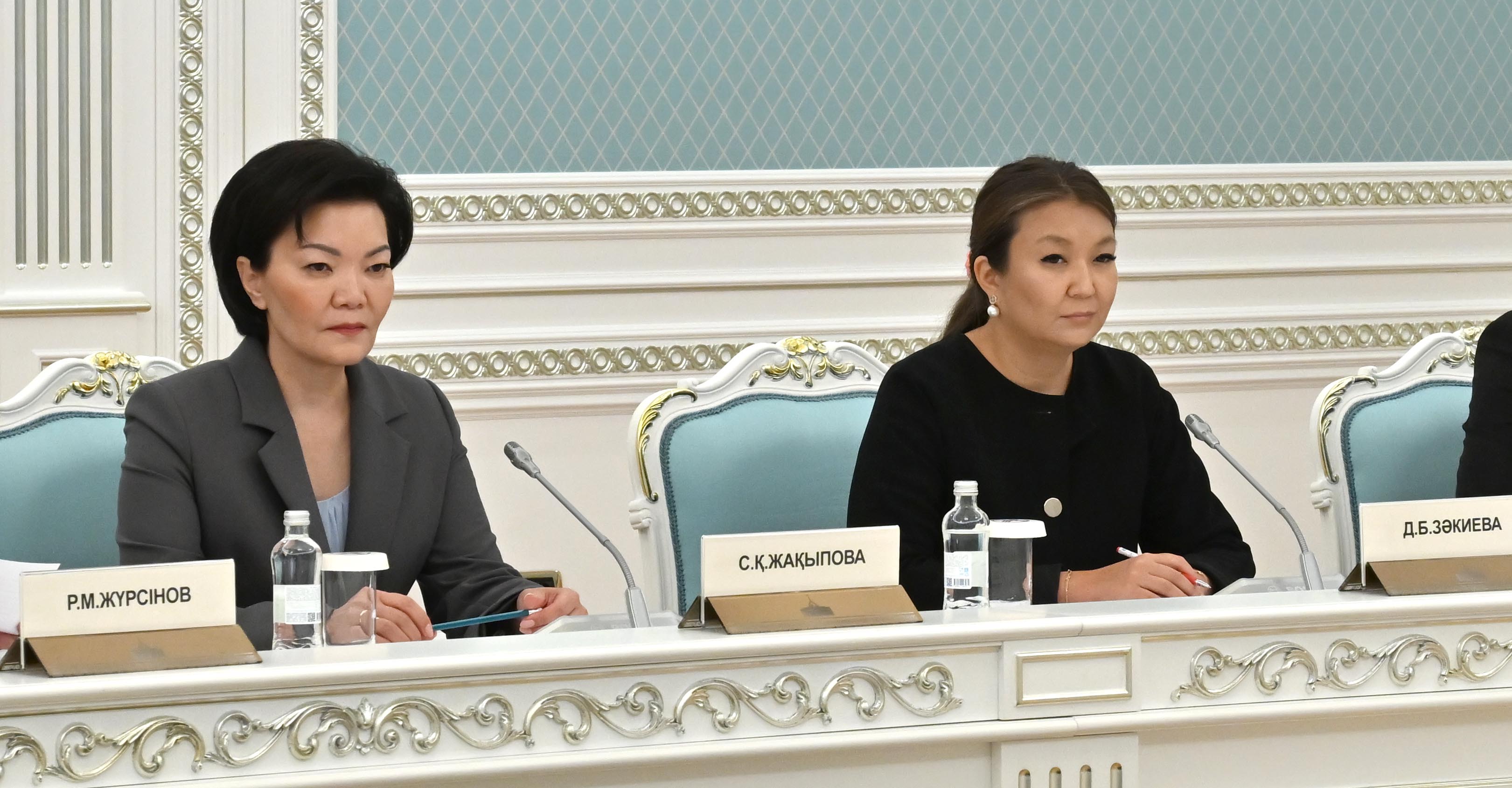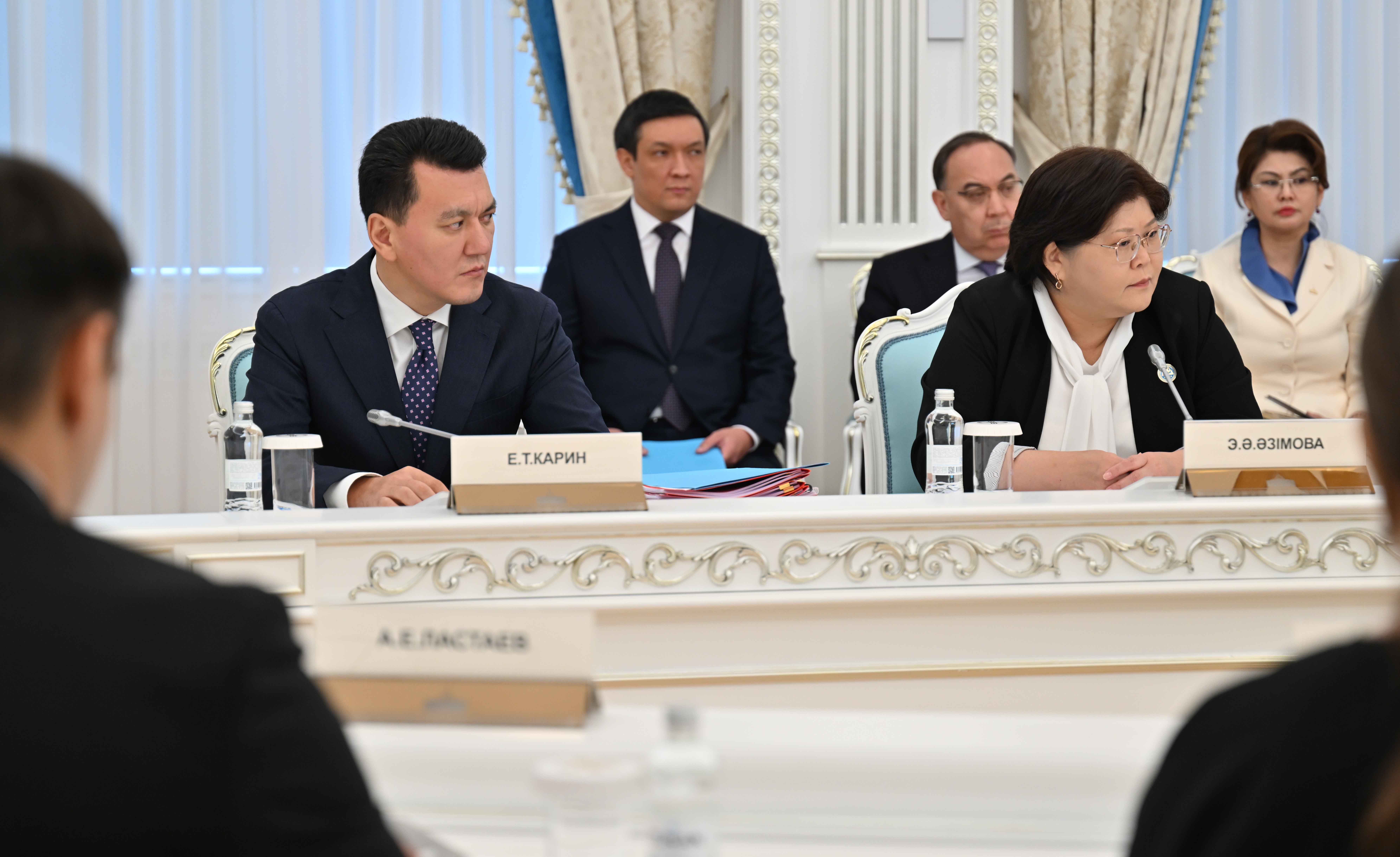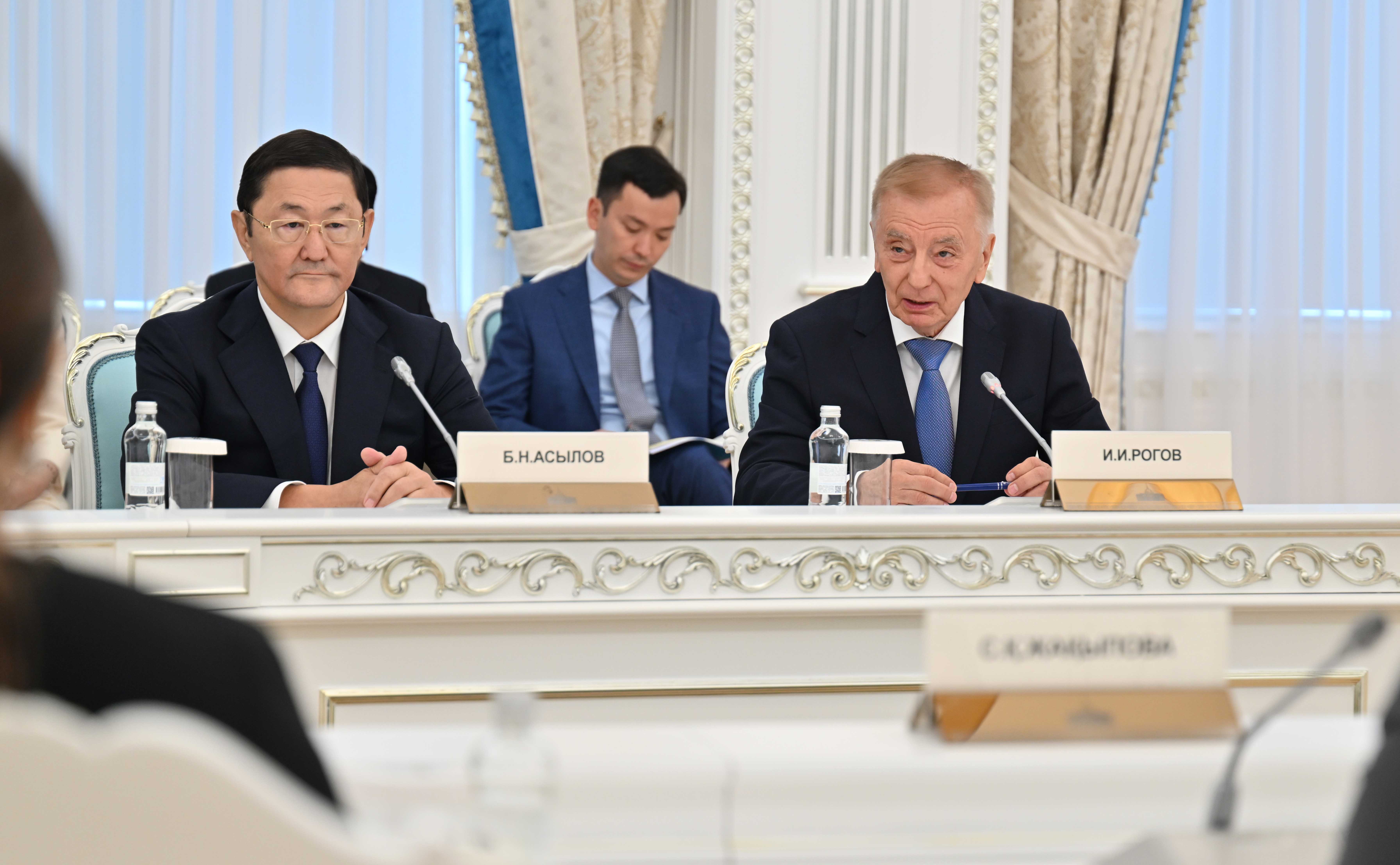On the eve of Constitution Day, the Head of State held a meeting with special-mandate ombudspersons and representatives from human rights structures.
The President opened his speech by outlining the outcomes of the large-scale constitutional reforms. He noted that the adopted amendments and additions to the Constitution have established a robust foundation for a comprehensive transformation of state's governance model. Additionally, these reforms have been strongly oriented toward enhancing human rights.
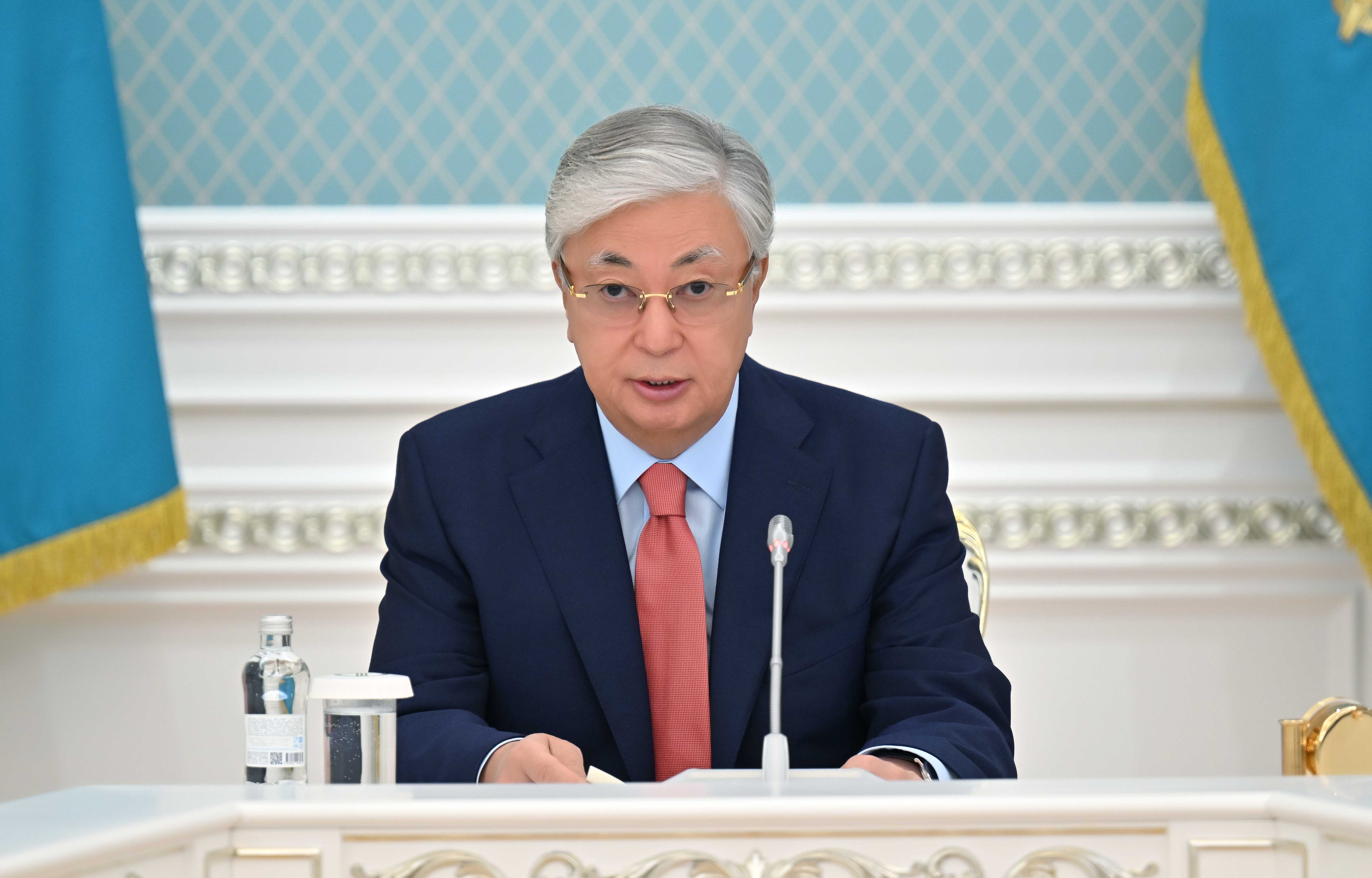
The Constitutional Court has begun its work, deliberating on 43 cases in its first seven months and resolving 23 of them. As the President emphasized, citizens can now directly appeal to the Constitutional Court, a privilege that was previously exclusive to government institutions.
Kassym-Jomart Tokayev emphasized the active engagement between citizens and ombudspersons. He noted that the number of complaints from citizens has doubled.
The Head of State outlined several priority tasks for the representatives of the human rights protection system. He emphasized the need to focus on preventive measures in the work of human rights and law enforcement agencies.
– We need to be proactive in all potentially problematic areas. Tools for forecasting and preventing violations of citizens' rights should be developed. In many respects, the successful implementation of this task depends on close cooperation with civil society. Human rights institutions should gather experts and specialists from non-governmental organizations to collaborate. An open dialogue with the human rights community should be developed on your platform, – emphasized Kassym-Jomart Tokayev.
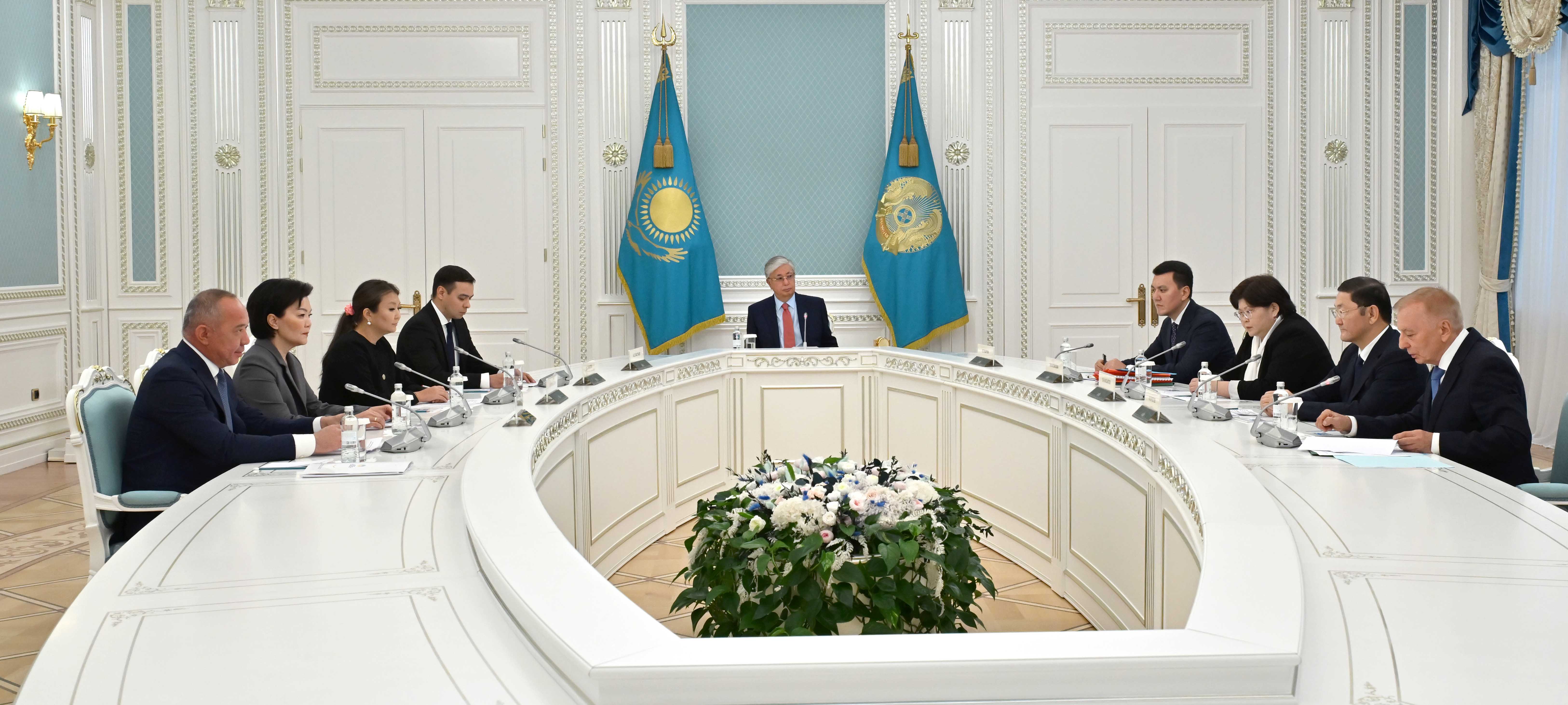
The next priority highlighted was the continued improvement of the Constitutional Court's operations. According to the President, it is important to ensure that the decisions of the Constitutional Court are taken into account and enshrined in law. He emphasized the need for close collaboration between Parliament and the Constitutional Court.
Additionally, the Head of State highlighted the need to enhance the efficiency of work carried out by the Ombudsperson and commissioners with specific mandates.
– It is important to expand their involvement in public decision-making processes. The Government and akims (mayors) need to include representatives of the Ombudsperson in all advisory bodies. The main task of the Ombudspersons is to actively advocate for citizens' interests and protect their rights. The national system for the protection of children's rights must effectively advocate for citizens' interests and protect their rights. To this end, the Ombudsperson in this sphere should be given every opportunity to bring together public and state institutions. The Government needs to work on the further development of the institution of the Ombudsperson for Children's Rights, strengthening its infrastructure and the status of its local offices. It is important to reduce the functional dependence of representative offices on akims and strengthen the role of the Children's Ombudsperson in appointing regional commissioners for children's rights. Recently, the role of the Ombudsperson for the Rights of Socially Vulnerable Categories of Population has been established. The focus here should be on fostering inclusivity. Citizens with special needs should not merely receive benefits; they should also be given opportunities to actively engage in societal life, – the President noted.
Discussing the judicial and law enforcement systems, Kassym-Jomart Tokayev noted that citizens who fail to receive justice from authorized bodies often resort to approaching the Presidential Administration. He emphasized that complaints from citizens should be resolved with the direct involvement of ombudspersons and commissioners who have special mandates. He instructed state bodies to provide them with the necessary assistance to address these issues effectively.
Another key objective outlined by the President was to enhance the legal literacy of citizens and to bolster the visibility and information presence of human rights institutions.
- In the current environment, the importance of legal education and awareness-raising among citizens is on the rise. It is important to leverage the capabilities of all human rights institutions and involve a broad spectrum of experts. You must consistently shape the public discourse. Often, social tensions and feelings of dependency arise specifically from a lack of legal awareness. Many individuals are unaware of how to assert their legal rights and utilize the available resources. A majority of rights violations happen in outlying areas where access to informational resources and legal aid is limited. Issues affecting rural residents – such as land use, pasture distribution, and the accessibility and quality of infrastructure – often feature more prominently in the types of grievances submitted. Your work in legal advocacy should aim to bridge the opportunity gap between rural and urban residents, – said the Head of State.
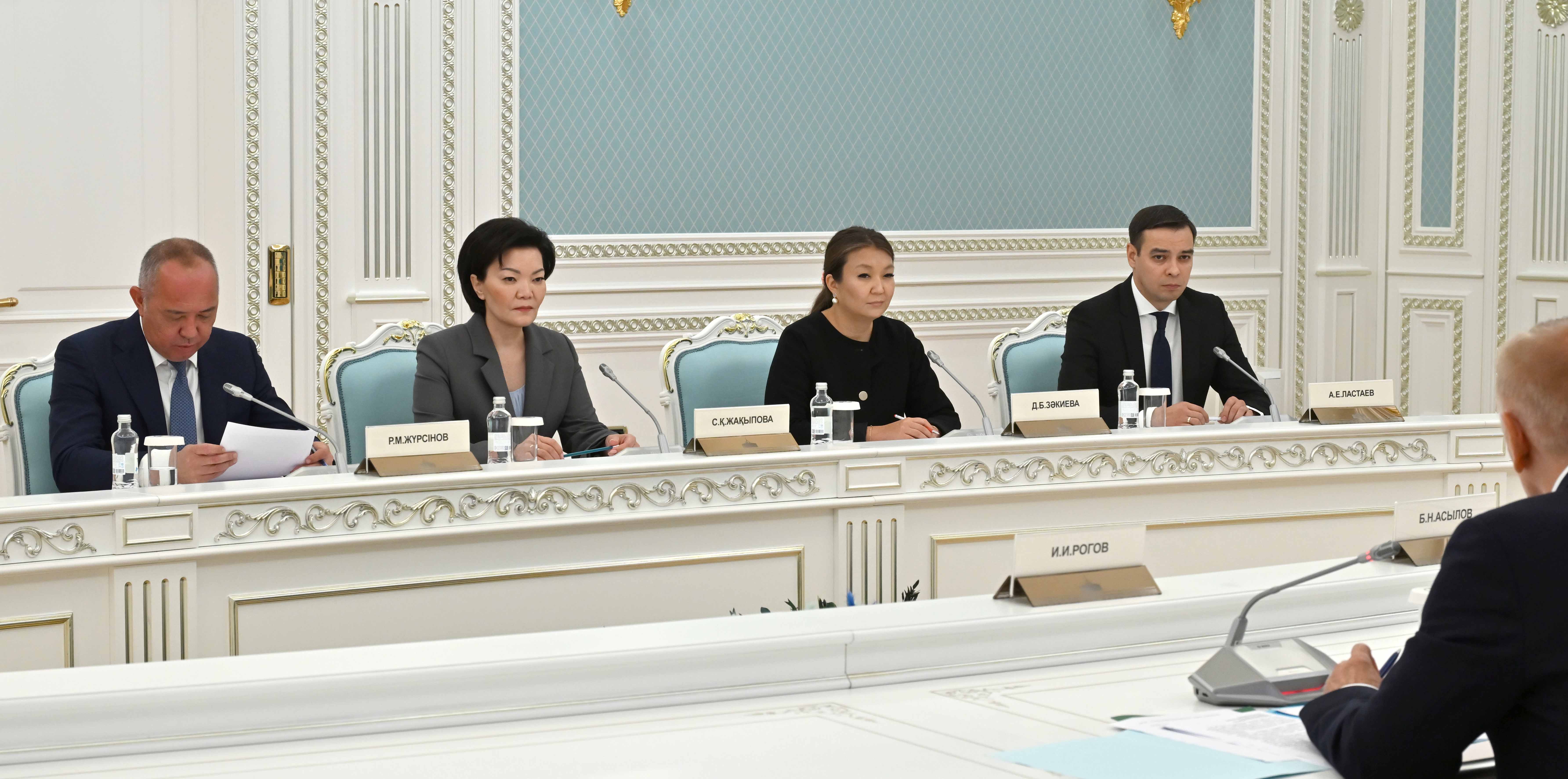
In conclusion, Kassym-Jomart Tokayev emphasized that the commissioner system established in Kazakhstan must fully live up to its intended purpose. This effort is a vital component in the larger process of building a just Kazakhstan.
The meeting featured addresses from Human Rights Ombudsman Artur Lastaev, Child Rights Ombudswoman Dinara Zakiyeva, Commissioner for the Rights of Socially Vulnerable Categories of Population Svetlana Zhakupova, Commissioner for the Protection of Entrepreneurs' Rights Rustam Zhursunov, and Igor Rogov, the Chairman of the Human Rights Commission under the President.
The event was also attended by State Counsellor Erlan Karin, Chair of the Constitutional Court Elvira Azimova, Prosecutor General Berik Asylov.
